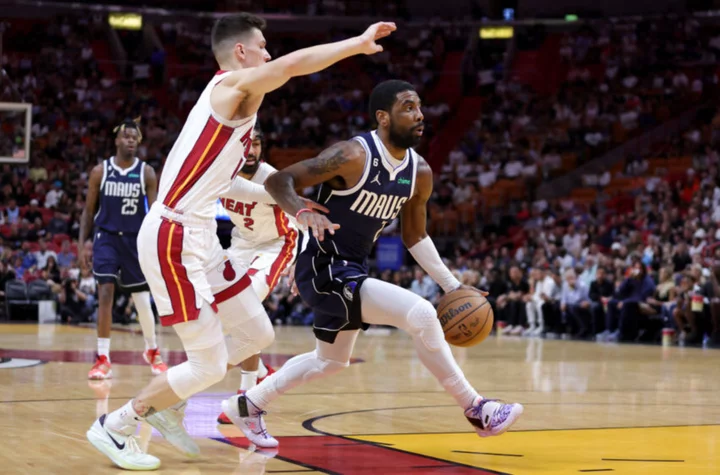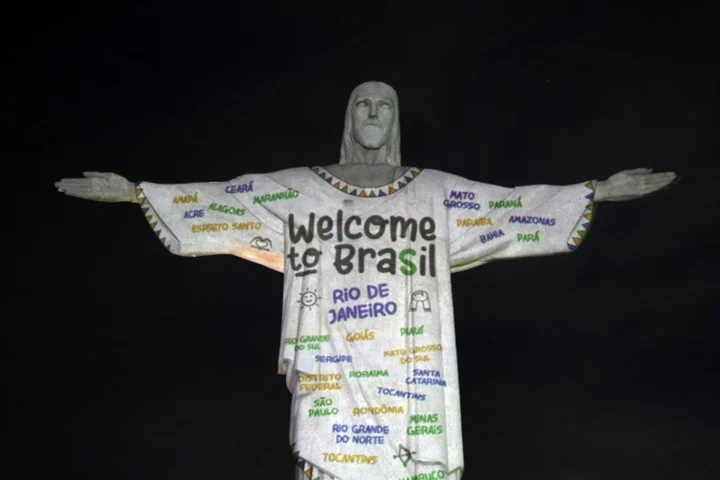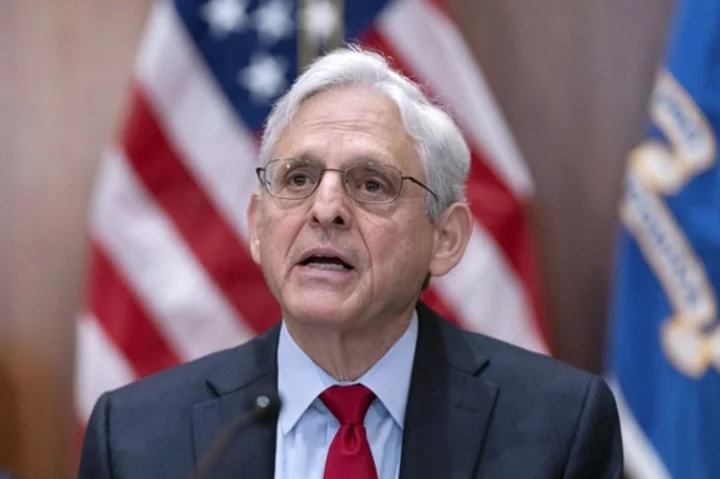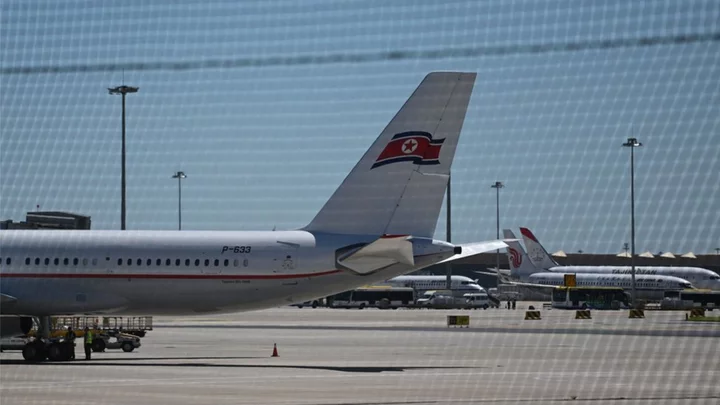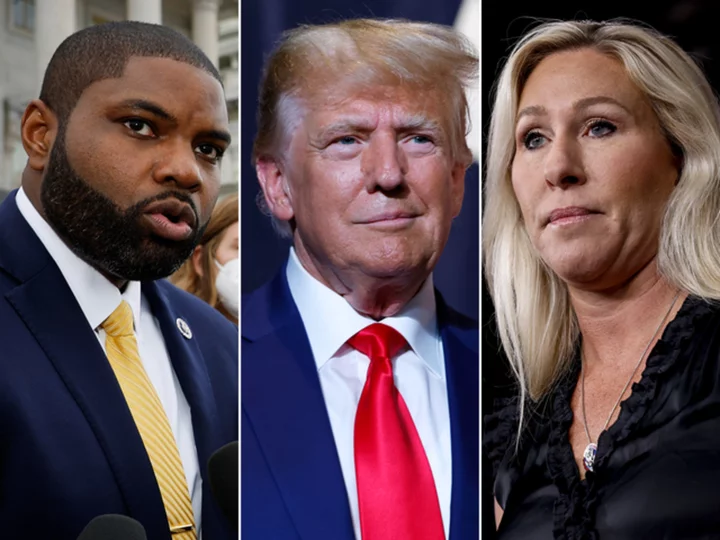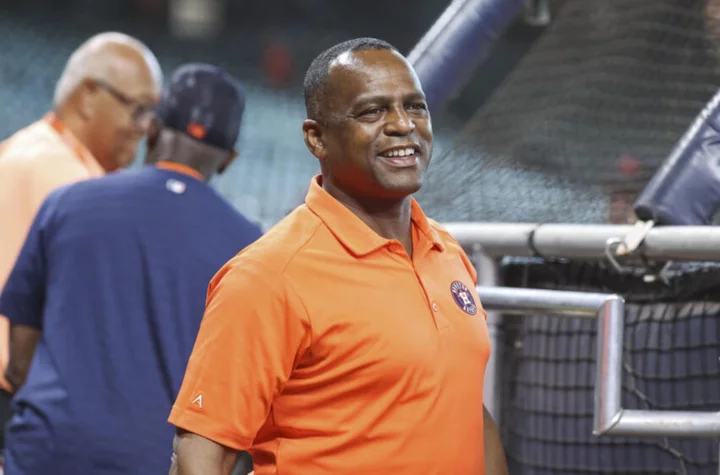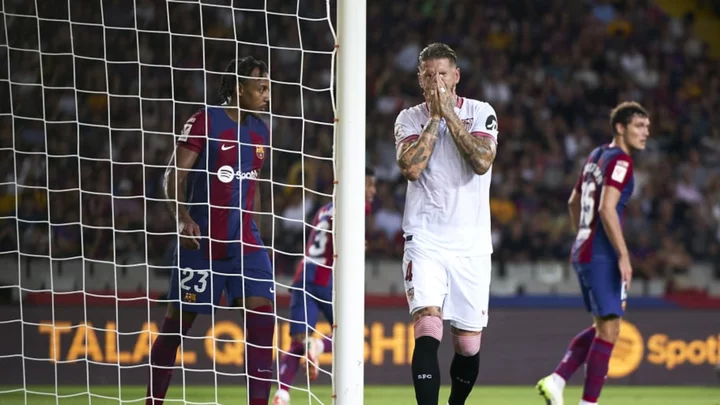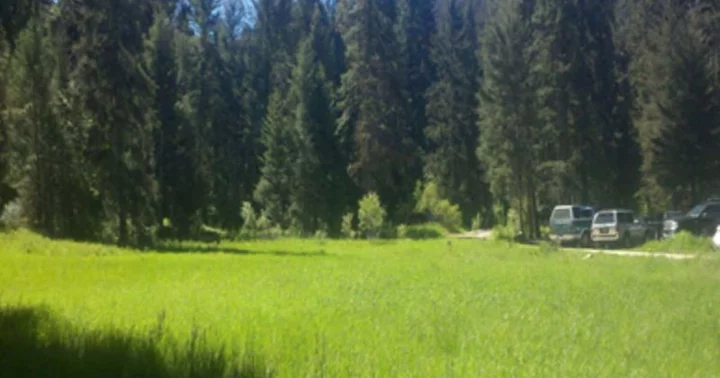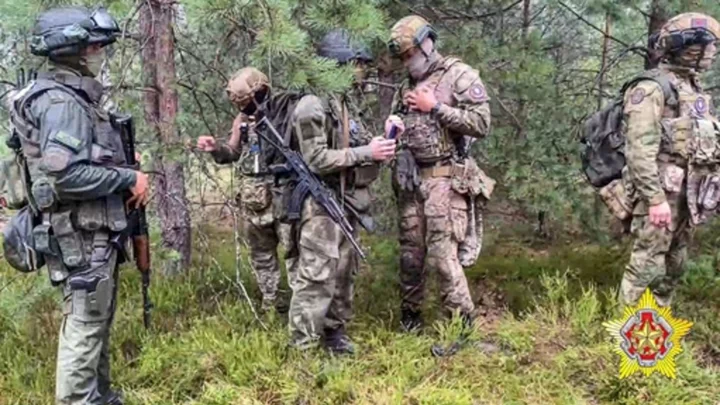The Miami Heat were four wins away from championship glory; how can the team add more star power to aid their title pursuit next season?
The Miami Heat are never out of the contenders circle, no matter how much the regular season product leads one to believe otherwise. That's the lesson we all learned in May and June when the 8-seed Heat plowed through the 1-seed Bucks, 4-seed Knicks, and 2-seed Celtics to emerge as Eastern Conference champs for the second time during Jimmy Butler's tenure with the franchise.
It's clear Miami is capable of winning the high-stakes matchups. Erik Spoelstra is the best coach in basketball. Jimmy Butler was in peak Playoff Jimmy mode for half the postseason. When he wasn't, the supporting cast stepped up with remarkable performances across the board. Caleb Martin was one vote shy of winning Eastern Conference Finals MVP!
Bam Adebayo has ascended to the level of true NBA stardom. The Heat have a legitimate two-headed monster on both ends of the floor, along with a sly group of vets and underrated role players who somehow just know how to royally screw over your favorite team.
How can Miami improve from here? The expectation is that Pat Riley and the front office will pursue more star power via trade or free agency. Bradley Beal is no longer in the mix, but the Heat have more than enough firepower and leverage to swing another big deal.
Here's how it might look.
No. 3 star trade for the Miami Heat: Karl-Anthony Towns
Butler would ultimately have to sign off on Karl-Anthony Towns, who he famously butted heads with in Minnesota. Times change, however, and there's no denying KAT's talent.
The Wolves are primed to go in a different direction with Anthony Edwards supplanting KAT as the franchise cornerstone. The Rudy Gobert trade makes it doubly hard to see the path forward for Towns in Minnesota; Towns is the better player, but the Wolves emptied the bank to acquire Gobert and his trade value is virtually zero. Their hands are tied.
If Minnesota starts floating Towns on the market, he's a fascinating option for Miami. He gives the Heat more size in the frontcourt, a weakness that was frequently exploited by Denver in the Finals. KAT isn't exactly Joker-stopper material, but he's a competent rim protector who can throw his weight around in the post.
Pairing two All-Star "centers" is risky in the modern NBA, but the brilliance of Bam Adebayo lies in his ability to defend 1-5. He's the best switch defending big in the league and he would have no trouble plugging holes all over the court and roaming off of non-shooters while KAT anchors the paint.
KAT is an elite volume shooter; his pick-and-roll/pop game with Butler would cause headaches for opposing defenses. He has progressed significantly as a passer since his last partnership with Butler. Meanwhile, Adebayo would still have room to attack the middle of the floor and get into his patented short-range pull-ups.
The Wolves get Tyler Herro, who profiles as an interesting offensive partner for Edwards in the backcourt. Both Mike Conley and Kyle Lowry are overpaid veteran point guards who are involved mostly for salary purposes. Conley is a mild upgrade for the Heat, who will need a new point guard with Gabe Vincent entering free agency and Herro out the door.
Is three first-round picks too much for KAT? Your gut instinct might say "yes," but remember that Utah just got four first-round picks (and much more) for Gobert. KAT is 27 years old, smack in the middle of his prime. The market for stars has never been hotter. The Wolves could get a real haul for a top-30 player.
No. 2 star trade for the Miami Heat: Kyrie Irving
Kyrie Irving has made more than his share of inexcusable decisions over the last few years. His behavior off the court has (rightfully) made him a lightning rod for criticism. The Nets traded him for pennies on the dollar at the deadline, partially because he demanded out, but also partially because it was simply just time to get rid of the headache.
The Mavs swung for Irving and still missed the playoffs. The Irving-Doncic duo paid major dividends on the offensive end — of course it did — but basketball is a two-way sport. The defense suffered tremendously and the Mavs simply couldn't generate enough stops to win games.
Dallas is the favorite to sign Irving, who is now an unrestricted free agent. The Mavs can pay him the most money and, frankly, the market isn't terribly robust at first glance. No team with cap space is in a position to spend big on Irving, except maybe the win-starved Rockets. And even then, why would Irving want to join a bad team?
What if, however, the Heat slip in as a sign-and-trade option? The Heat are A) located in Miami, B) reigning conference champs, and C) known for the kind of rigorous workplace culture that could help restore Irving's reputation to some degree.
Butler would probably love to share the court with a player of Irving's caliber if the off-court distractions don't proliferate the locker room (that is, of course, a big whopping if). Irving would give the Heat another boost of shot creation and rim pressure in the backcourt. His two-man actions with Adebayo would be immediately fruitful and no team has made better use of small, offensively-inclined guards in recent postseasons than Miami.
For the Mavs, the compensation is respectable under the circumstances. Martin is now a proven playoff asset who can provide much-needed defensive resistance on the wing. Herro is like 70 percent of Irving, which could be enough with a slightly deeper roster and an MVP-level Luka. The Mavs also get two future picks to soften the fallout.
No. 1 star trade for the Miami Heat: Damian Lillard
The Heat let Bradley Beal slip away to the Phoenix Suns because their sights are set on bigger fish, according to TNT's Chris B. Haynes. That "bigger fish" is, to nobody's surprise, Damian Lillard. And the buzz around Lillard's future is louder than ever.
Lillard and the Blazers have both broadcast a desire to keep the partnership going. The Blazers are expected to field trade calls centered on the No. 3 pick in next week's NBA Draft. That's the behavior of a team that's trying to win, not rebuild.
That said, it's fair to question the viability of Portland's current roster as the foundation for a contender. What can the Blazers realistically get with the No. 3 pick, and does the return value ultimately outstrip the value of a prospect like Scoot Henderson or Brandon Miller? Anfernee Simons and Shaedon Sharpe, Portland's other core pieces, are 23 and 20 years old, respectively.
The Blazers are a young team holding on to an aging Lillard for dear life. At some point their grip just has to loosen. That's the way of life in today's NBA, and frankly, it's good team-building practice to start prepping for the future.
If Lillard does ultimately demand out, he is expected to have a say in where he goes based on years of faithful service to the Portland franchise. The Blazers won't accept lowball offers for a borderline top-10 player, but if Lillard says he wants to go to Miami — and that feels extremely likely in the event of a trade request — he will probably go to Miami.
The Heat can offer three first-round picks and a future pick swap, plus Tyler Herro and Kyle Lowry's massive expiring contract. Herro is an intriguing offensive partner for Simons in the backcourt. Lowry is either a year's worth of veteran leadership or a juicy trade chip given the increased demand for expiring contracts in advance of the new CBA.
Lillard's deadly shooting and consistent rim pressure would dramatically improve the Heat's notoriously stagnant offense. Miami was a terrible shooting team for most of last season and their red-hot playoff shooting was probably a flash in the pan more than anything sustainable long-term. Lillard fixes critical issues and gives them another clutch-time maestro to share the court with Butler. This would really cement Miami as a tier-one threat in the East.

